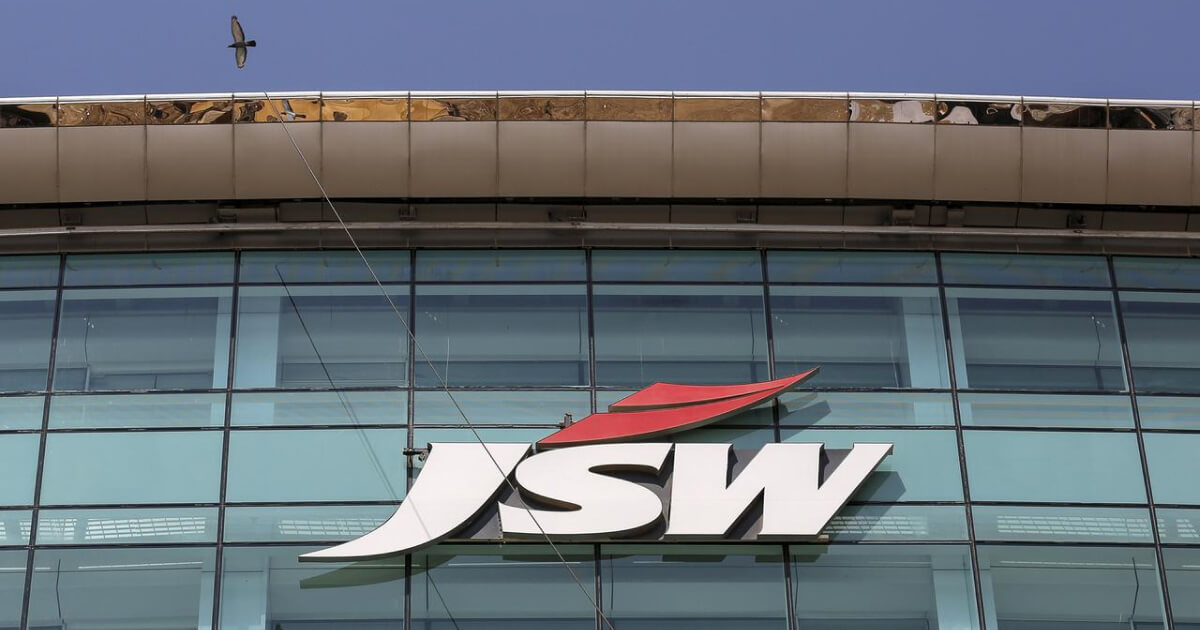JSW Steel's Ambitious Decarbonization Program: A Shift Towards Hydrogen-based Steel Production
Key Ideas
- JSW Steel aims to reduce CO2 emissions by 42% by 2030 through investments in renewable energy, scrap metal use, and hydrogen-based steel production.
- The company is building a hydrogen-based complex in Vijayanagar, focusing on low-carbon steel production technologies like direct reduced iron (DRI) and hydrogen production.
- By partnering with international suppliers and modernizing old facilities, JSW plans to achieve a significant reduction in emissions to 1.95 tons of CO2 per ton of steel by 2030.
- Despite challenges such as hydrogen cost and scrap metal supply constraints, JSW is committed to balancing market needs with environmental responsibilities, as seen in its expansion plans for a green steel plant in Maharashtra.
JSW Steel, a major player in India's steel industry, is embarking on an ambitious decarbonization journey with a goal to slash CO2 emissions by 42% by 2030 compared to 2005 levels. The company's $2 billion investment program focuses on leveraging renewable energy sources, increasing the use of scrap metal, and embracing advanced technologies like hydrogen-based steel production. In Vijayanagar, Karnataka, JSW is constructing a groundbreaking hydrogen-based complex comprising a direct reduced iron (DRI) plant and a hydrogen production facility, setting the stage for sustainable steel manufacturing. Through initiatives like the SEED program, JSW has already made significant strides in reducing CO2 emissions and plans to further enhance its green energy capacity to 10 GW by 2030. The company's proactive approach includes exploring innovative solutions such as converting slag into useful materials. With a clear target to reach 1.95 tons of CO2 per ton of steel by 2030, JSW is aligning its operations with global sustainability trends. Despite facing challenges like the cost of hydrogen and scrap metal availability, JSW remains dedicated to meeting its climate goals while staying competitive in the steel market. The company's plans for a green steel plant in Maharashtra demonstrate its commitment to environmentally friendly practices and expanding its market reach by catering to regions like Europe that are adopting stringent carbon regulations.
Topics
Production
Renewable Energy
Innovation
Sustainability
Investment
Green Technology
Decarbonization
Steel Industry
CO2 Reduction
Latest News
